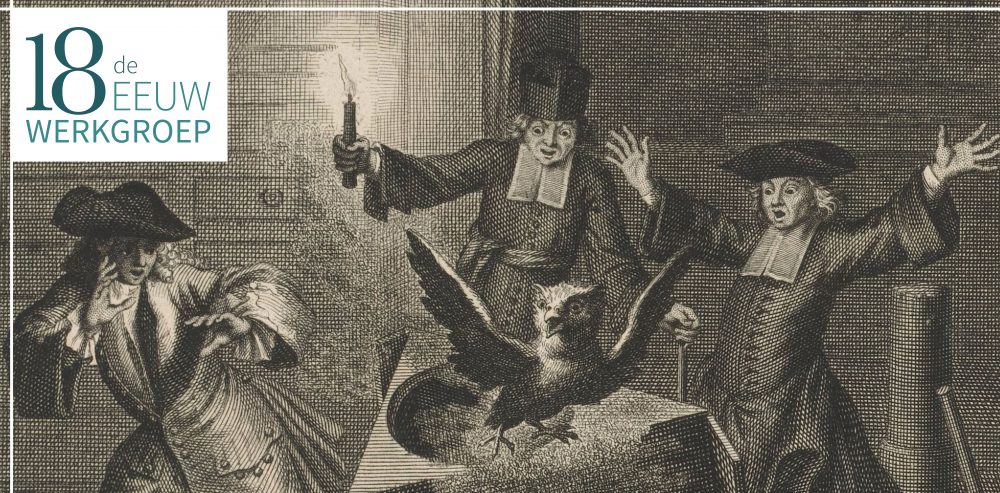Het jaarlijkse congres van de Werkgroep 18e Eeuw sluit voor 2013 aan bij de herdenking van de Vrede van Utrecht en wordt in samenwerking met de Universiteit van Utrecht georganiseerd op 24-26 april 2013 te Utrecht.
Het volledige programma vindt u hier.
Hier vindt u ook een registratieformulier dat u ingevuld kunt retourneren aan: utrecht2013@hotmail.de
The Peace of Utrecht, which brought an end the War of the Spanish Succession, was a milestone in European history. The Treaty concluded the extensive wars that had swept through both Europe as well as the overseas colonies, and heralded an exceptionally long period of peace for early modern times that lasted until the outbreak of the War of the Austrian Succession in 1740. The Peace of Utrecht confronts us with changing concepts of international relations as well as with new public practices of ‘performing’ diplomacy in eighteenth-century Europe. The significance of this event, however, has not always been recognised. This conference, organised by the Utrecht University Department of History and the Dutch Society for Eighteenth-Century Studies, aims to redress that.
The Peace of Utrecht embodies several intriguing contradictions. While it brought about a prolonged period of peace in Europe, it also became the root cause of aggressive ‘balance of power’ politics. Likewise, the Peace of Utrecht restructured overseas commerce, yet also accelerated Anglo-French rivalry in the colonies. Although decision making about war and peace was almost exclusively the domain of princes and ministers, the people’s insatiable hunger for military news stimulated governments to publically justify their war policies. The booming media informed the general public about the peace negotiations and facilitated public reflection on the diplomatic process. The public performance of peace became more important even though, at the same time, many forms of diplomatic communication and rituals remained invisible to the people at large. While the people were generally averse to war, they did not neglect to celebrate their war heroes. At the same time, the long years of conflict paradoxically forged a growing sense of ‘Europe’ as an international society, and artistic depictions of the Treaty of Utrecht highlighted both the European character of the Peace as well as the proto-patriotic sentiments that it stirred.
This conference aims to rethink the significance of the Peace of Utrecht by exploring the nexus between culture and politics. For too long, cultural and political historians have studied early modern international relations in isolation. By studying the political as well as the cultural aspects of this peace (and its concomitant paradoxes) from a broader perspective, this conference aims to shed new light on the relation between diplomacy and performative culture in the public sphere. Confirmed keynote speakers include Marsha Frey (Kansas State University), Linda Frey (The University of Montana), Willem Frijhoff (VU University, Amsterdam) and Jane Newman (University of California, Irvine).
Organising committee:
Renger de Bruin (Utrecht University/ Centraal Museum Utrecht), Kornee van der Haven (Ghent University / Dutch-Belgian Society for Eighteenth-Century Studies), Lotte Jensen (Radboud University Nijmegen / Dutch-Belgian Society for Eighteenth-Century Studies) and David Onnekink (Utrecht University)
See also: peaceofutrecht.hum.uu.nl
For more information: peaceofutrecht@uu.nl
